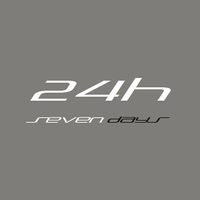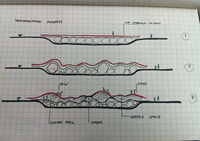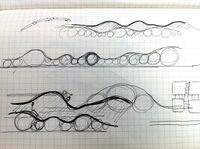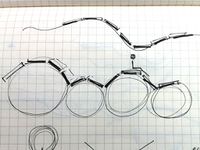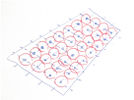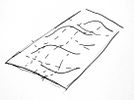atom02:Home
(→* Interaction of activities - online questionnaire) |
(→* Interaction of activities - online questionnaire) |
||
| Line 82: | Line 82: | ||
====* Interaction of activities - online questionnaire==== | ====* Interaction of activities - online questionnaire==== | ||
| − | |||
| + | The goal of the user questionnaire is for possible users to tell us '''<u>what</u>''' activity they want to do and <u>'''when'''</u> they want to do the activity during the day. Having this information will help us to create a better concept and system. The link to the online questionnaire will be send to as many people as possible, to get the best overview of demands. </br> | ||
| − | The | + | The online questionnaire can be found here </br> |
| − | + | results of the questionnaire </br> | |
| − | + | ||
| − | + | ||
| − | + | ||
| − | + | ||
| − | + | ||
| − | + | ||
| − | + | ||
| − | + | ||
| − | + | ||
| − | + | ||
| − | + | ||
| − | + | ||
| − | + | ||
| − | </ | + | |
| − | + | ||
| − | + | ||
| − | + | ||
| − | + | ||
| − | + | ||
| − | + | ||
| − | + | ||
| − | + | ||
| − | + | ||
| − | + | ||
====* Traffic analysis==== | ====* Traffic analysis==== | ||
Revision as of 12:05, 23 September 2011
Contents |
"How can a site sustain activity 24/7?"
Concept
Our design exploration started with a question:
How can a site sustain activity 24/7?
A website works 24/7 and is continuously evolving; e.g. a wiki page where the user is free to add content and to make it public worldwide. By taking the concept of hyperspace we propose a site which will permit a widespread and ever changing spectrum of activities throughout the whole of the day. The site will be linked with an online website for booking activities, thus it will be continuously changing and allow the interweaving of human interaction (a lecture hall, next to a performance space next to individual study-rooms, etc). This functionality will create a trace of human activity; a new user will have the option of seeing the previous activity and form. Just as time leaves a trace into a building’s physicality and identity, so will continuous activity leave a trace on the site.
See also:
The Site
Analysis:
People don’t use the site, because there is no reason created to use it. Since people don’t use the site it is deserted, giving people passing by an ‘unsafe’ feeling (there is nobody there to control or watch over)Analysis gave us the following reasons why people hardly visit the site: - The site has no program - There is no landscaping or landscaping attributes (e.g. lamps, benches) - The lush green border around the site works like a fence during summer - Very diverse programming around site, site is leftover space.
The User
The user is the client. He has the options of choosing his desired activity and size of the space required by a system of online booking. Therefore the site will continuously "pay for itself" and generate profit.
See also:
Design challenge
When there is no activity going on there is no building. In music silence is just as effective as sound; one might say that the absence of silence implies the absence of dynamics.
* User scenarios
The business-man of Senz Umbrellas
* Interaction of activities - online questionnaire
The goal of the user questionnaire is for possible users to tell us what activity they want to do and when they want to do the activity during the day. Having this information will help us to create a better concept and system. The link to the online questionnaire will be send to as many people as possible, to get the best overview of demands. </br>
The online questionnaire can be found here </br>
results of the questionnaire </br>
* Traffic analysis
By using stop-motion animation gathered from the BK-city tower to capture the crucial moments of the week we will confirm our suspicion and analyze the level of usage in the site and traffic intensity.
See also:
* Site mechanism concept:
See also:
Sponsor
The sponsor will be TU Delft. We believe that with the expertise and general know-how provided by the various departments inside the Faculty (Mechanical Engineering, Materials, Computer Science, Structural Engineering) and its financial resources we can achieve a desired result. Moreover this project will cement the Faculty's position as a world-leading research institute.
Sustainability
We suspect the traffic to be an untapped source for energy.
See also:
